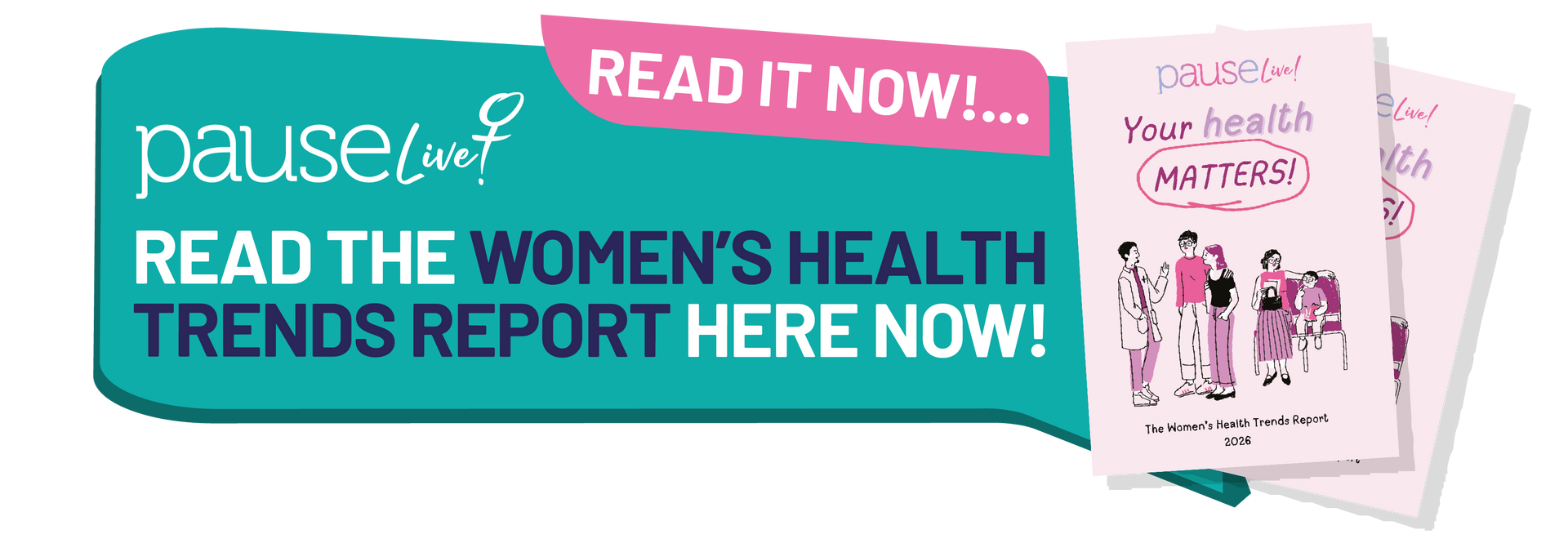MANAGING MENOPAUSE SYMPTOMS
Burning‑Tongue Syndrome during Menopause
Burning‑tongue syndrome, often classified under the broader term burning mouth syndrome (BMS), is commonly encountered in perimenopausal and postmenopausal women. It is characterised by a persistent burning, tingling or scalding sensation on the tongue—and sometimes the lips, gums, palate or throat—without visible oral abnormalities or underlying dental causes. Though the exact aetiology remains elusive, declines in oestrogen levels during menopause are believed to play a contributory role, particularly through reduced salivary production and increased oral tissue sensitivity
Clinical Features
- A daily burning or scalded sensation, frequently worsening through the day, especially after meals
- Accompanying sensations may include dryness (xerostomia), paraesthesia (tingling or numbness), and flavour disturbances such as a metallic or bitter taste
- Symptoms persist for months or years, but approximately half of sufferers experience spontaneous improvement within 6–7 years
Possible Contributory Factors
- Hormonal decline: Reduced oestrogen adversely affects oral mucosa and salivary flow, leaving tissues more vulnerable
- Nutritional deficiencies: Insufficient levels of vitamin B₁₂, folic acid, zinc or iron may predispose individuals to sensory disturbances of the tongue
- Psychological stress or mood changes, which can amplify or perpetuate symptoms
- Medications or allergies, including adverse reactions to toothpaste ingredients (e.g. sodium lauryl sulphate), mint flavourings or dental materials
Diagnosis
Burning‑tongue syndrome is a diagnosis of exclusion. It requires a thorough dental examination to eliminate local causes such as oral infections, dryness, candidiasis or denture-related issues. Blood tests may be conducted to assess levels of B vitamins, iron, folate, glucose and thyroid function. If no discernible cause is found, a diagnosis of primary BMS or burning‑tongue syndrome may be made
Lifestyle and Dietary Adjustments
- Sip water frequently, chew sugar‑free gum, or suck on ice chips to alleviate dryness and stimulate saliva production
- Avoid known irritants such as spicy, acidic or hot foods, alcohol, tobacco, caffeine and mouthwashes containing alcohol or sodium lauryl sulphate
- Switch to a gentle, SLS‑free toothpaste—many women report marked improvement using Sensodyne ProNamel or similar formulations
Nutritional Supplementation
- Consider supplements providing vitamin B complex (particularly B₁₂), zinc (~15 mg daily) and iron where blood tests indicate deficiency. Trials suggest alpha‑lipoic acid may also be beneficial for neuropathic symptoms
Psychological and Stress‑Reduction Strategies
- Stress management through cognitive behavioural therapy (CBT), mindfulness, relaxation techniques or counselling may significantly reduce symptom burden
Medical Treatments
- Hormone Replacement Therapy (HRT): Some women report relief with oestrogen‑based treatment, though evidence remains inconclusive and varies by individual
- Topical treatments: Capsaicin rinses, lidocaine gels or clonazepam lozenges applied to the tongue may temporarily relieve pain
- Systemic medications: Low‑dose tricyclic antidepressants (e.g. amitriptyline), SSRIs/SNRIs, gabapentin or clonazepam may be prescribed for chronic neuropathic discomfort, under medical supervision
Bottom Line:
Although BMS can severely affect quality of life and emotional well‑being, it is not associated with oral malignancy. Recovery is possible, and approximately two-thirds of individuals experience partial relief within several years. Symptom patterns may shift from continuous to intermittent over time and are often relieved by eating or distraction.


